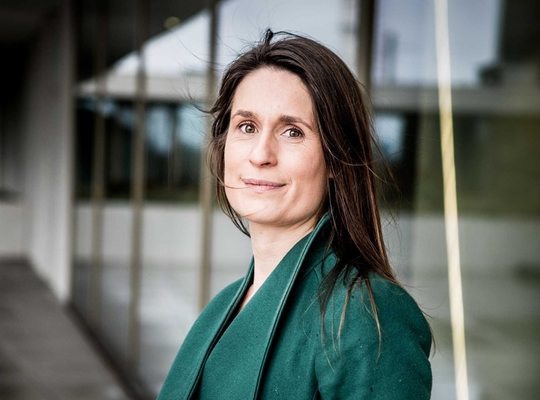You are here
Family reunification visas hit record high: “This situation is unsustainable”

In 2024, a record number of family reunification visas were issued, according to a parliamentary question by MP Maaike De Vreese to Secretary of State for Asylum and Migration Nicole De Moor (CD&V). The sharp increase is largely attributed to family reunifications involving individuals with international protection or asylum. “In recent years, we’ve seen a significant rise in the number of asylum applications. Many of these applicants are granted asylum and subsequently apply for family reunification. The situation is unsustainable. The current rules on family reunification are too lenient, creating a pull factor,” said De Vreese.
In the first eleven months of last year, almost as many visas were issued for family reunification as in the entirety of 2023. In 2023, 19,766 visas were granted, while by the end of November 2024, the count had already reached 19,513. This means the total number for 2024 will surpass 21,000—a new all-time high.
Largest migration channel for non-Europeans
For years, family reunification has been the largest migration channel for non-Europeans entering Belgium. In 2023, over 19,700 long-term stay visas were issued for family reunification, the majority of which went to Syrians, Moroccans, and Indians. By comparison, only 11,794 visas were issued in 2020. If the 2024 total exceeds 21,000, it will represent a dramatic increase in just a few years.
Significant societal impact
The high number of family reunifications has a considerable impact on Belgian society. Statistics from Statbel show that less than half of the working-age population born outside the EU is employed. This group is disproportionately represented in welfare and social assistance systems. “This form of family reunification places a heavy burden on our Social security Social security is currently managed at the Federal level in Belgium. The most important pillars of Belgian social security are: sickness and invalidity insurance (NIDHI), pensions, unemployment insurance and child allowances. In addition, occupational illness, occupational accidents and annual holidays are dealt with at this level. Some Flemish parties have been campaigning for years for (large parts of) social security to be transferred to the Regions and Communities. social security system, housing market, and education system,” De Vreese noted.
Stricter criteria needed
The N-VA is calling for stricter criteria for family reunification. “By raising requirements related to income, housing, and integration, we can reduce the pull factor while also strengthening public support for migration policies,” De Vreese concluded.

